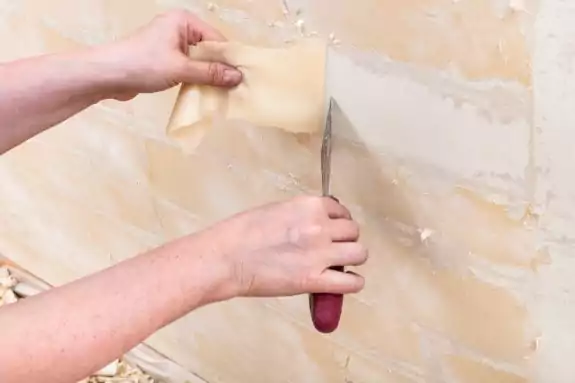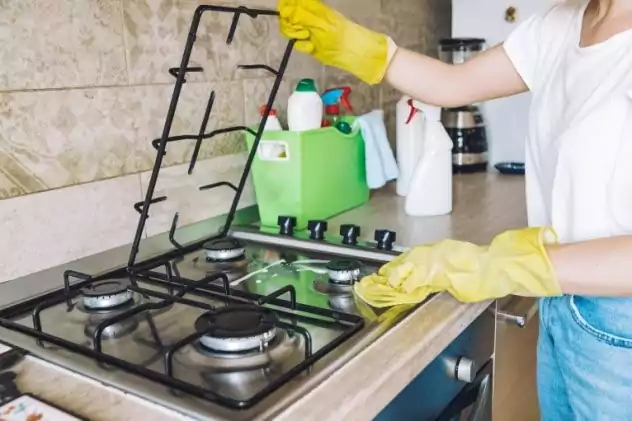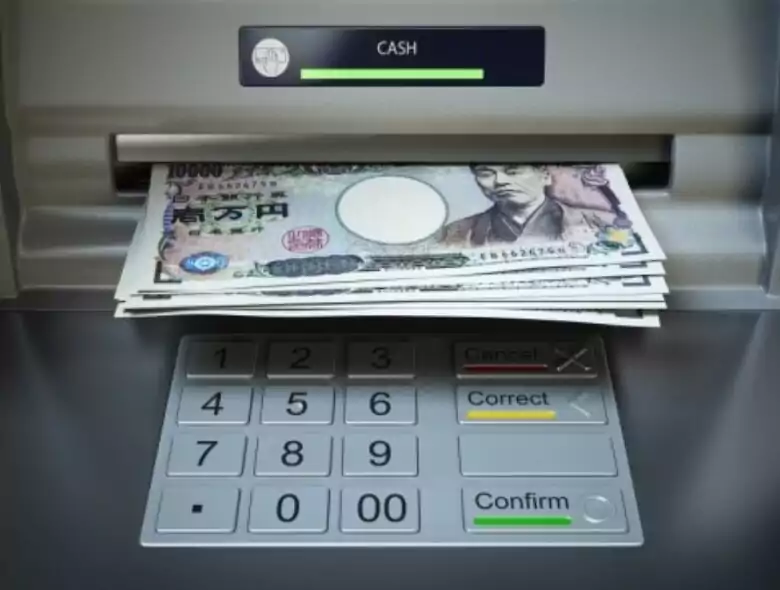It’s customary in many parts of the world, Japan included, for a tenant to pay a deposit upon signing a lease to an apartment or house. The deposit acts as a kind of insurance for landlords in case the tenant fails to pay rent or causes damages to the premises beyond what is legally defined as “wear and tear”. However, some landlords and real estate agencies like Village House forgo a deposit (and key money, renewal fees, and handling fees!), making it easier and more flexible for those looking to rent a property on a tight budget.
Normal “wear and tear” is defined by the real estate industry as damage from ordinary use, everyday use, or natural aging. As such legally, a landlord is obliged not to factor in normal wear and tear damages when giving back the tenant’s deposit.
However, when living in a rental property, damages considered outside of normal wear and tear can and do happen, resulting in the landlord deducting said aforementioned damages from your deposit upon moving. In order to minimize just how much a landlord may take out from your deposit to pay for these damages, certain minor maintenance and repairs can be done around the rental property to get it back to looking ship-shape.

100 Yen Stores
Doing a general cleaning of your apartment can also aid in getting most of your deposit back as it’ll let the apartment inspector know that you’ve taken the time and made the effort to keep the property spick and span. Even though in Japan, there is generally a cleaning fee that needs to be paid upon moving out – Village House has a mandatory cleaning fee of 1,210 yen/m² tax included – there is no harm in cleaning up the place prior to inspection and moving out.
Those living in Japan or who have just moved to Japan will find that 100 yen stores like Daiso, Can Do, and Seria are treasure troves when it comes to finding and stocking up on household products. Not only are they cheap but they work, and are usually quite effective. When it comes to cleaning supplies as well, to ensure that you don’t break the bank, 100 yen stores come to the rescue – you can find bleach, fridge deodorizers, countertop cream cleansers, toilet cleaners, floor wipes, pipe and drainage cleaning tablets, etc. at any of Japan’s numerous 100 yen stores.
Clean Mold
One minor damage that may (more like will) accumulate in your apartment is mold. It’s not uncommon to find mold in the bathroom and kitchen areas, especially during summer and rainy seasons. To do away with this nuisance, all one needs to do is grab some kabi killer (mold killer), from the 100 yen store as well, and spray it on the moldy areas. Then you just wait 15-20 minutes and wash it all away with cold water. Then voila! Your bathroom and/or kitchen area is back to looking mold-free.

Wallpaper Repair
If your apartment came with wallpapered walls, things like time and normal aging, weather, and temperature will contribute to it eventually peeling. Though this can be categorized as normal wear and tear, it can’t hurt to try to repair the peeled-back corners so the apartment inspector doesn’t single it out and deduct it as damages to be taken out from your deposit.
To repair peeling wallpaper all one needs is some wallpaper seam adhesive and a smoothing tool, which you can probably get at the 100 yen store. Simply peel back the curling wallpaper bit carefully, apply the adhesive, and then use the smoothing tool to smooth the wallpaper back into place flatly.

Clean Kitchen
Aside from the bathroom, the kitchen may be the other place in the apartment where a lot of wear and tear and other damage may occur. After all, it’s where cooking is conducted and ingredients such as oil and fire are used, resulting in stubborn grease and oil stains.
To ensure you get your kitchen clean and sparkling again, go on a hunt for cleaning supplies such as:
- sesqui cleaner wipes (soaked in sesquicarbonate and electrolyzed water) to get rid of grease stains and deodorize smells from cooking things like fish
- baking soda spray for cleaning and deodorizing surfaces like stovetops and countertops
- citric acid cleaner or wipes to get rid of limescale and disinfect surfaces to prevent germs from spreading
- glass cleaner to clean stains and smears off of windows and mirrors
- all-purpose surface cleaner for cleaning the microwave, fish grill, inside of the fridge, stovetop, etc.
- pipe and drain cleaning tablets to de-clog and deodorize the sinks
While these cleaning supplies sound pricey, they too can all be found at 100 yen stores so if you’re on a budget, that’s a good place to start.

Negotiate
A last-ditch attempt on getting most or all of your deposit back would be to negotiate and dispute the damages the report the apartment inspector will make. To do this, bring up the damage report or property checklist you made upon moving in to show that the stain, scratch, watermark, etc. was there prior to you moving in. Having pictures with date stamps will also help your cause and back up your arguments.
If your landlord proves unmoving and unwilling to compromise, there are advisory centers down at your local city hall to help you navigate such disputes. This can be especially helpful for non-Japanese residents whose Japanese may not be up to par. For example, if living in the Tokyo area, The Tokyo Metropolitan Government offers a Foreign Residents’ Advisory Center where they provide consultations about daily life problems in Japan. The consultations are offered in English, Chinese Mandarin, and Korean.
Conclusion
In conclusion, when moving out, the apartment doesn’t have to look like it’s brand new, but it should be free from any visible damages or issues that can be prevented by immediate, daily, weekly, or even monthly maintenance and cleaning. Be sure to also know what is considered “wear and tear” in your lease and to immediately fill out the damages report or property checklist when you first move into the rental property as this will be key evidence in helping you get back your deposit when you decide to move out. For fewer worries and an apartment lease without a deposit, consider checking out our available rental apartments.
Related articles:
- Should You Repair Scratches on Hardwood Flooring? A Complete Guide to Fixing and Preventing Damage
- 5 Tips on How To Maintain A Damage-Free Apartment
- No-Damage Shelves Without Nails
- How to Decorate Walls Without Damage
- Rental Apartment Woes? Here’s Where to Get Expert Advice!



